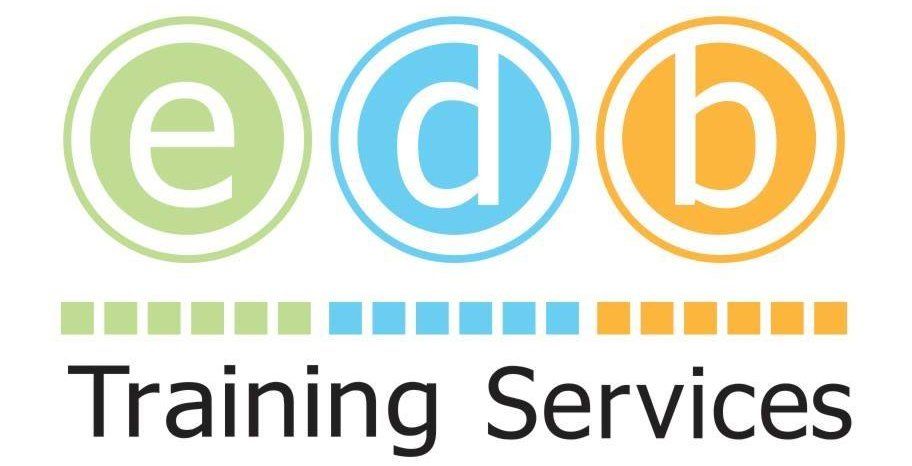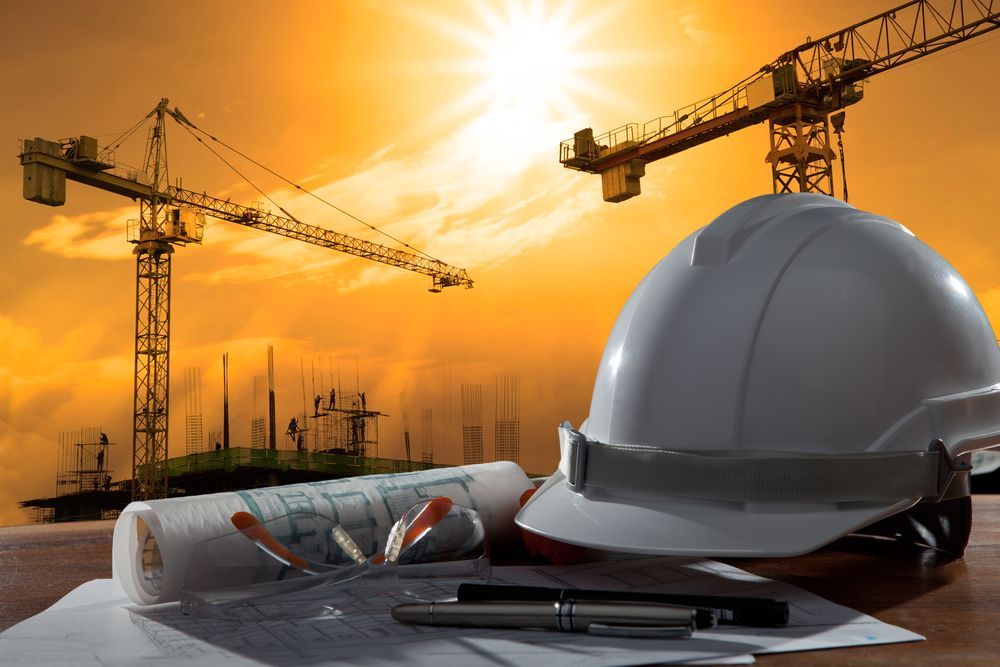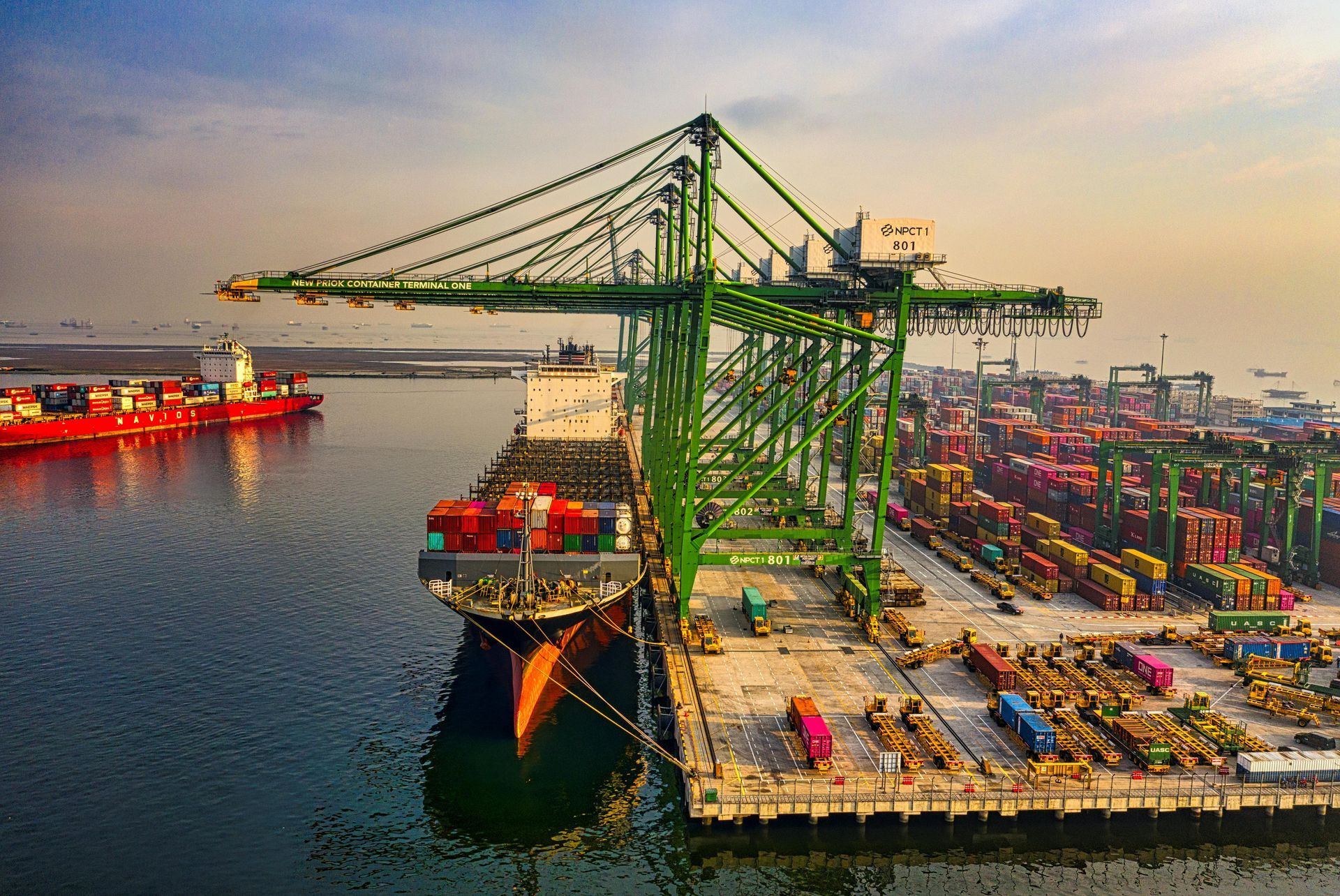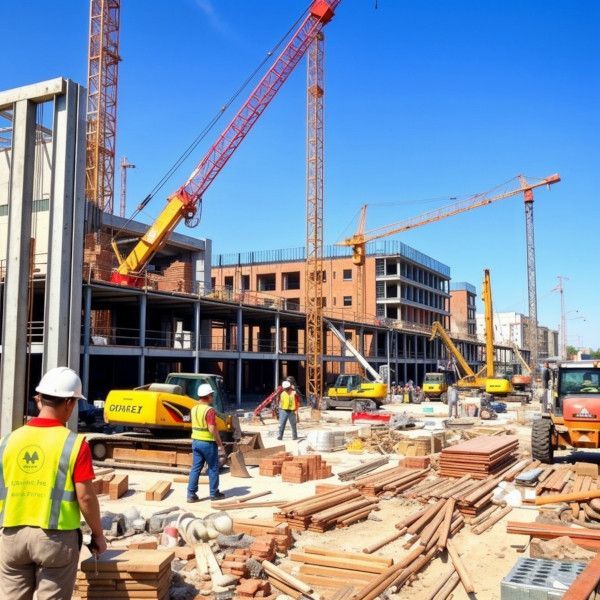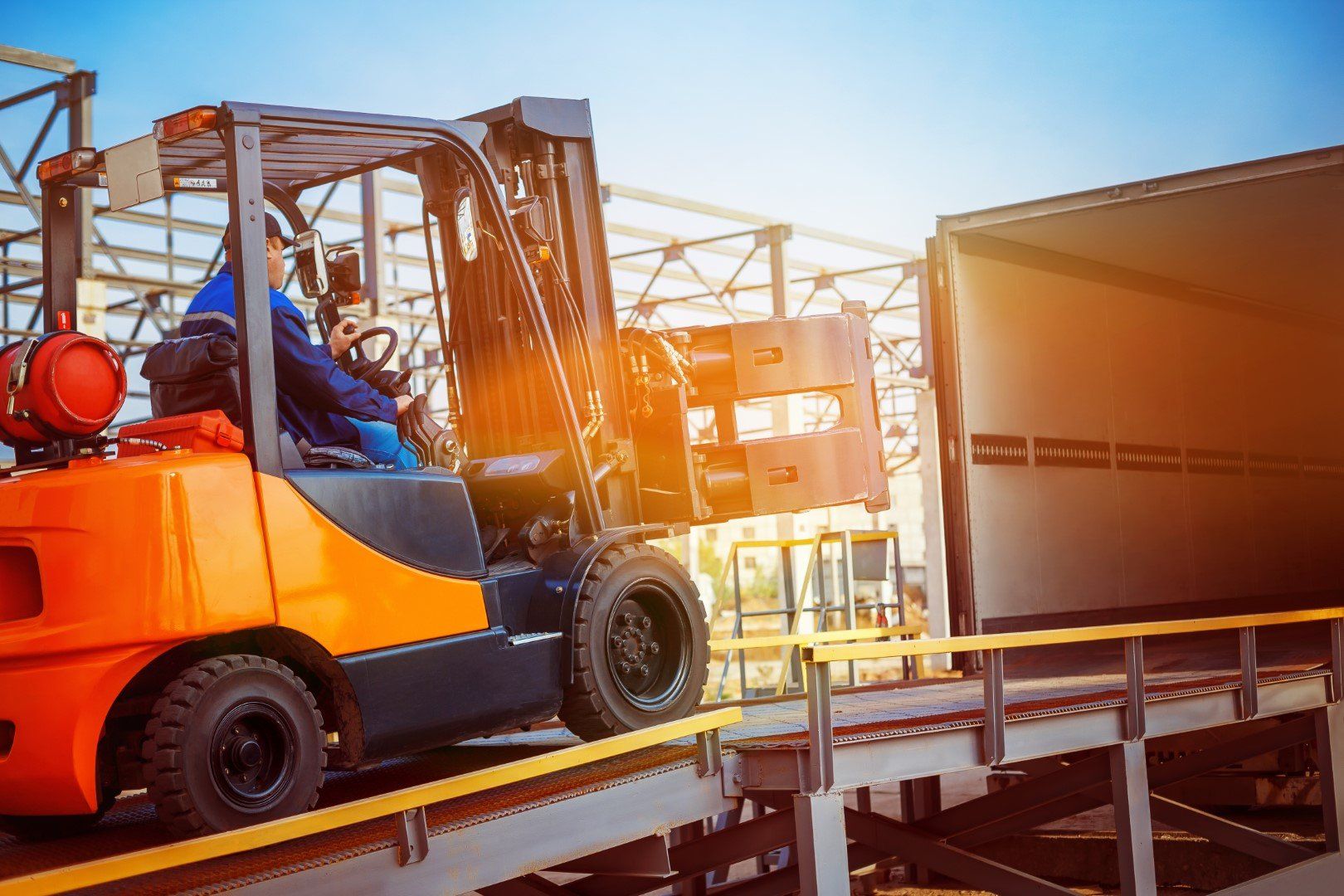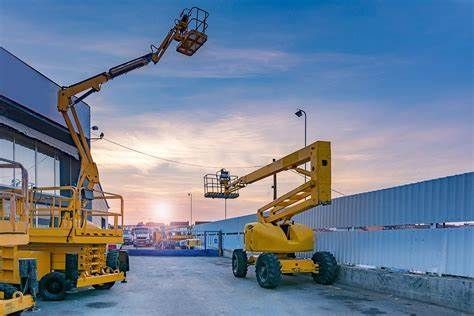Are There Different Types of Forklift Licences for Different Types of Forklifts?
Find Out if You Need an LO or an LF Forklift Licence in Australia
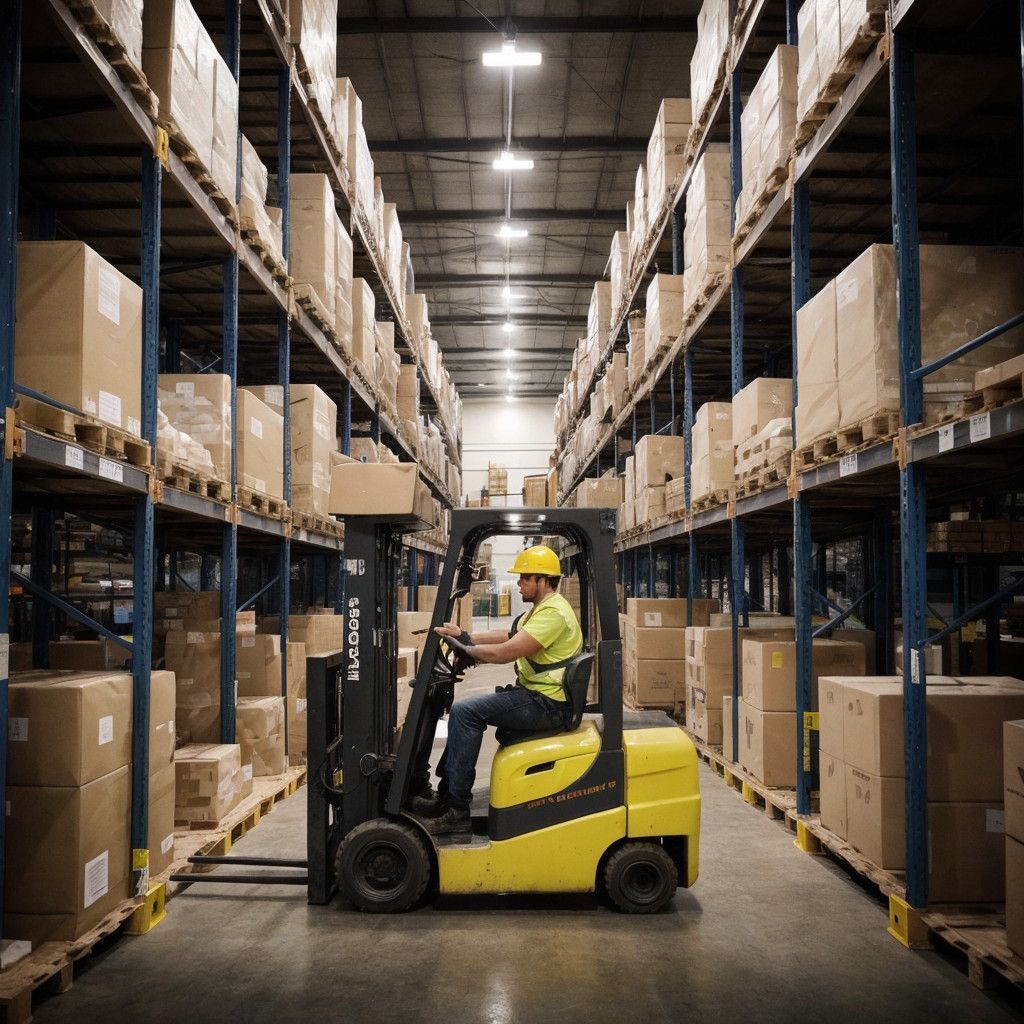
In Australia, the rules for operating forklifts are carefully controlled to ensure that operators are safe and skilled. According to the Work Health and Safety (WHS) laws in Australia different types of forklifts do require specific licenses to address their unique capabilities and associated risks.
There are two types of forklift licenses in Australia:
LF Class Forklift License: This license is needed for handling forklifts with a mast that can lift loads, such as counterbalance forklifts, reach trucks or truck mounted forklifts. The LF license covers the commonly used forklift types in warehouses and factories.
LO Class Forklift License: This license is specifically for operators of order picking forklifts, where the operators platform rises with the load. These specialised "order pickers" or "stock pickers" are typically used in rack setups within warehouse settings.
These licenses are mandated by Safe Work Australia at a level and enforced by regulators in each state and territory. To obtain these licenses individuals must complete training courses from Registered Training Organisations (RTOs) such as EDB Training Services that include hands on training as well as theoretical knowledge components. Operators undergo training to ensure they are skilled in operating a type of forklift covering both operational and safety aspects.
Where are the Different Forklift Licences Required?
The LF license is widely used and applies to various forklifts. It involves knowing how to use the forklift, handle loads properly and conduct daily maintenance checks. The LO license focuses on the distinctive features of an order pickers operating environment, such as managing elevation safely and navigating high shelves.
Are there Other Types of Forklift Licences?
Apart from these licenses there are additional training and certifications needed for other types of powered industrial trucks as per Australian Standards. These include pedestrian operated forklifts or those used in hazardous settings although they are less common and mainly relevant to specialised industries.
When do Forklift Licences Need to be Reviewed?
In Australia renewing these licenses typically doesn't require retaking the training course unless an operator hasn't used the license for a period (usually two years or more). However it is the employers responsibility to ensure that all forklift operators receive refresher training to uphold safety standards and comply with current regulations.
The categorisation of forklift licenses into LF and LO categories enables training that caters to the unique requirements and safety considerations of various forklift models. This approach guarantees that operators are adequately trained to operate the machinery with care and proficiency thereby minimising accidents and injuries. It also showcases Australias dedication to promoting safety through personalised training and licensing practices in industrial settings.
